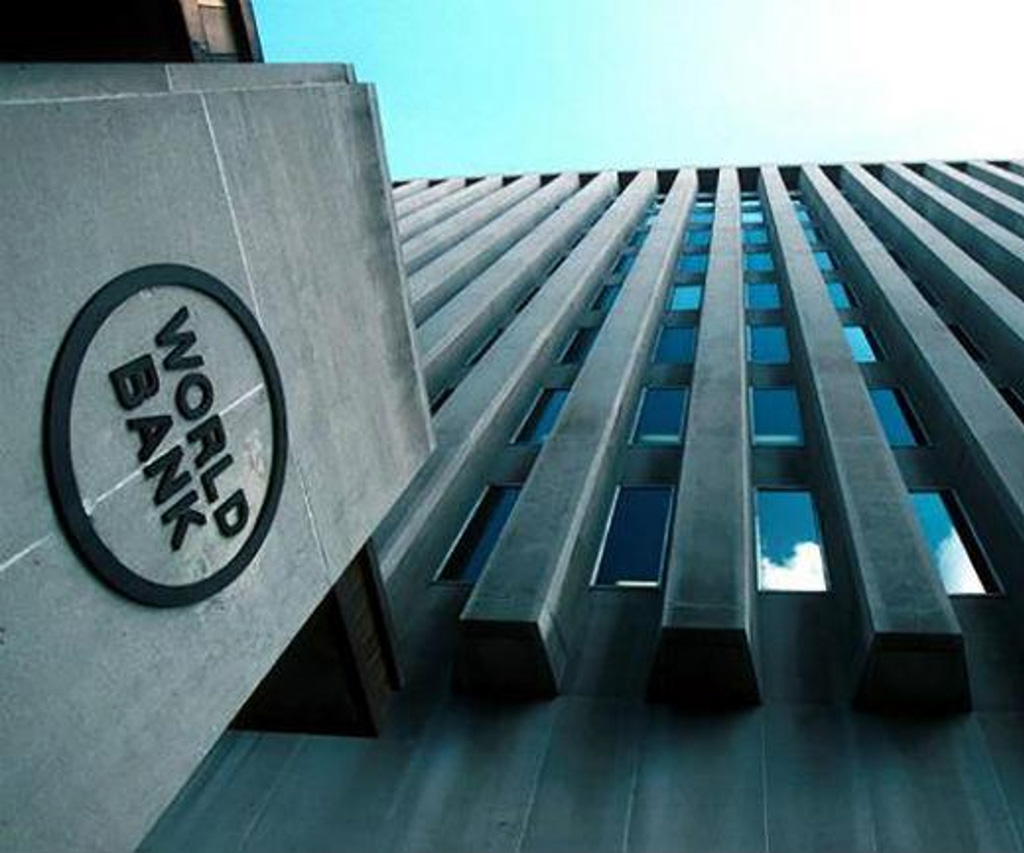WB approves $300mn to lift farm income in Punjab

ISLAMABAD: The World Bank approved $300 million to modernize agriculture in Punjab province, Pakistan to raise farmers’ incomes, give consumers better quality and safer food at lower prices, create jobs on farms and agribusinesses, and improve the use of irrigation water.
The resources provided by the World Bank would be part of a larger programme by the Government of Punjab that aims to better harness the enormous potential for farming in the province, with its fertile soils and extensive irrigation system, said a WB press statement issue here.
The programme would address the paradox that while Punjab’s farmers earn too little, people pay high prices for low quality food, it added.
This situation is largely the result of farm policies that have hardly changed in the last 50 years. These include extensive subsidies that are inefficient and ineffective, and government spending that does not provide widespread benefits and results in wasteful water use.
“Agriculture in Punjab has great potential but requires a paradigm shift to unlock growth opportunities,” said Illango Patchamuthu, World Bank Country Director for Pakistan.
“The Government of Punjab is determined to help farmers grow high-value crops and significantly increase their incomes. The programme is estimated to create 350,000 jobs and lift 1.7 million people from poverty. The Bank stands ready to support the Government of Punjab in this exciting endeavor,” Patchamuthu added.
The World Bank-supported Strengthening Markets for Agriculture and Rural Transformation (SMART) project would support much-needed reforms for agriculture and livestock productivity, improve agriculture’s resilience to climate change, and foster agribusiness in Punjab over the next five years.
It would also reduce inequality and expand opportunities for women and youth, the statement added.
The project will shift PKR 55 billion (about $520 million) a year that is currently spent on inefficient and ineffective subsidies towards ‘SMART’ input subsidies for small farmers, agricultural research and farmers’ training, and support for high-value and climate-smart agriculture.
Additionally, SMART will help improve the sustainability of agricultural production by strengthening the management of irrigation water, and help tackle ground water depletion.
“Key reforms supported by the project include the transition towards high value agriculture, which will substantially raise farm incomes and employment in Punjab,” said Hans Jansen, Senior Agriculture Economist at the World Bank. “This will be done
by shifting resources away from ineffective subsidies towards supporting farmers to produce higher value products such as vegetables, fruits, pulses, oilseeds, milk and meat, whose demand is growing many times faster than lower value crops such as whea,” Hans added.
The SMART project is supported through the World Bank’s Program-for-Results (PforR) financing instrument.
PforR’s unique features include using a country’s own institutions and processes, and linking disbursement of funds directly to the achievement of tangible results.
























Comments
Comments are closed.